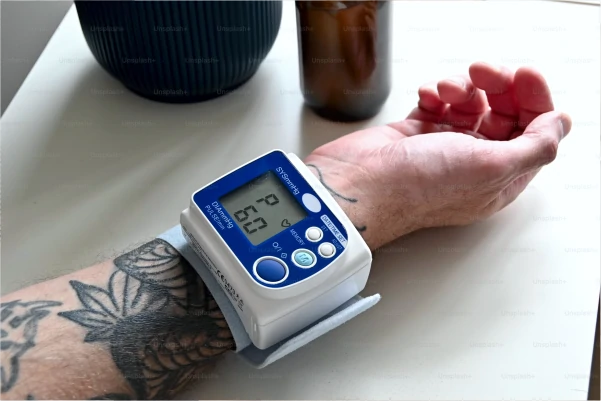
Primary Care and Prevention Services: The Foundation of Optimal Health
529
2
Primary care and prevention are the fundamental pillars of an efficient and effective health system. These services not only improve people's quality of life but also reduce the long-term burden on the healthcare system. In this article, we will explore the importance of these services and how they can benefit your health and well-being.
Primary care and prevention are the fundamental pillars of an efficient and effective health system. These services not only improve people's quality of life but also reduce the long-term burden on the healthcare system. In this article, we will explore the importance of these services and how they can benefit your health and well-being.
What is Primary Care?
Primary care is the first point of contact between a patient and the health system. This level of care encompasses a wide range of services, including:
- General medical consultations
- Diagnosis and treatment of common diseases
- Management of chronic diseases
- Pediatric care
- Basic mental health
- Nursing services
The main goal of primary care is to provide comprehensive, accessible, and continuous care throughout the patient's life.
The Importance of Health Prevention
Prevention is a crucial component of primary care. It focuses on avoiding the onset of diseases and promoting a healthy lifestyle. Preventive services include:
- Vaccination
- Early detection screenings
- Health education
- Counseling on healthy habits
- Exercise and nutrition programs
These services are fundamental in reducing the incidence of chronic diseases and improving the overall health of the population.
Benefits of Primary Care and Prevention Services
- Early disease detection: Regular check-ups allow for identifying health problems in their initial stages when they are more treatable.
- Reduction of healthcare costs: By preventing diseases and effectively managing chronic conditions, expenses on more complex treatments and hospitalizations are decreased.
- Improvement in quality of life: A preventive approach helps maintain good health and overall well-being.
- Continuity of care: The long-term relationship with a primary care physician allows for more personalized and effective follow-up.
- Patient education and empowerment: Primary care services provide valuable information for patients to make informed decisions about their health.
How to Make the Most of Primary Care and Prevention Services
- Schedule regular check-ups: Don't wait until you're sick to visit your doctor. Annual check-ups are essential for maintaining good health.
- Keep your vaccinations up to date: Follow the recommended vaccination schedule for your age and health condition.
- Actively participate in your health: Ask questions, follow your doctor's recommendations, and maintain a healthy lifestyle.
- Utilize prevention services: Take advantage of early detection programs and health education offered by your primary care center.
- Communicate openly with your doctor: Share your concerns and symptoms to receive the best possible care.
Conclusion
Primary care and prevention services are fundamental for maintaining a healthy population and a sustainable healthcare system. By taking advantage of these services, you're not only investing in your current health but also in your future well-being. Remember that prevention is always better than cure, and primary care is your best ally on the path to a healthy and fulfilling life.
Are you making the most of the primary care and prevention services available to you? Schedule your next check-up today and take the first step towards better health.




